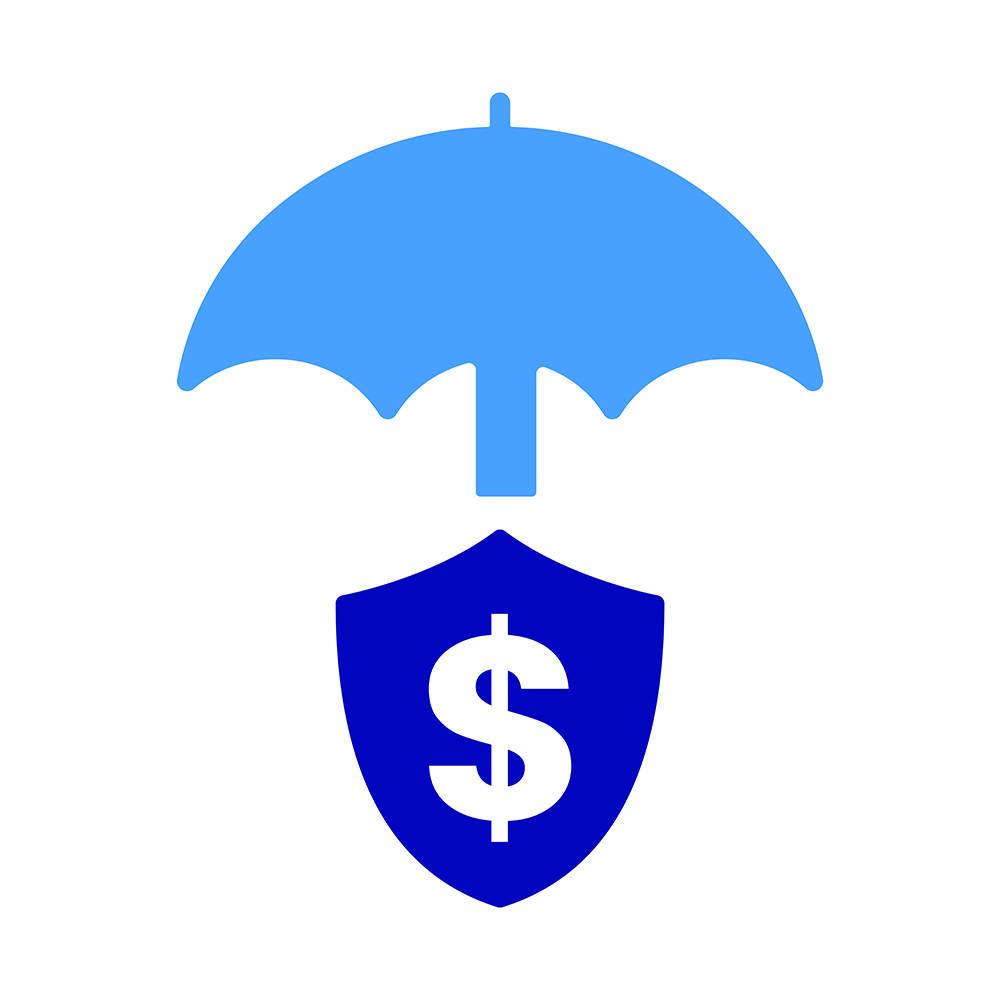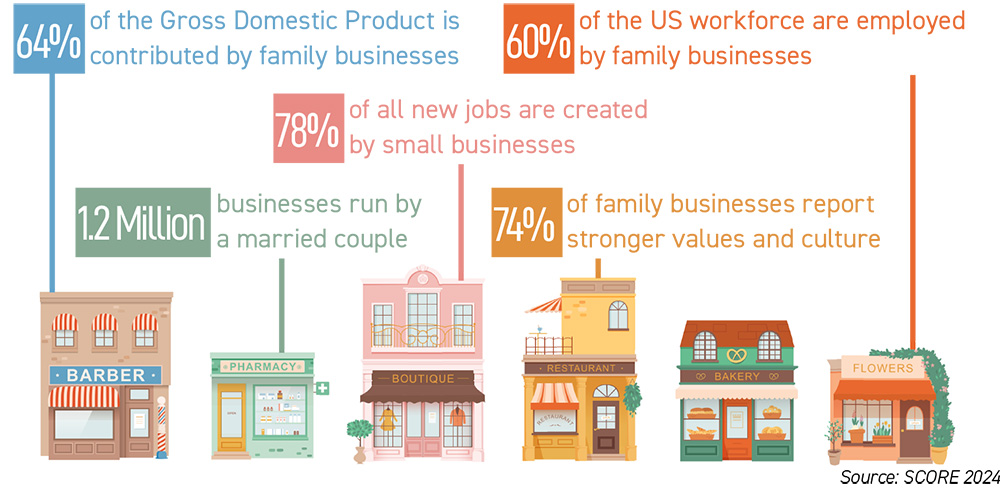
If your company offers a 401(k) plan loan, it can be among your most cost-effective options for short-term needs (five or fewer years). However, these loans come with potential drawbacks. Before you take money from your 401(k), understand all the consequences.
THE BASICS
Not every 401(k) plan will allow loans, but the majority that do will have limits — typically no more than 50% of an account balance. Loans are potentially better for your bottom line than withdrawals, because doing the latter could trigger early withdrawal penalties.
Still, a 401(k) loan could be better than the alternatives, with potentially lower interest rates and automatic deduction of loan payments from your paycheck. Additionally, it won’t require a credit check.
However, a 401(k) loan can cause some unintended consequences outlined below.
DRAWBACKS
One drawback is two-pronged: The amount of your loan will miss out on potential growth, while your paycheck will be lighter by the amount of your repayment until the loan is paid in full. The second drawback is more problematic. Whether you lose your job or leave it voluntarily, you will still have to repay the loan.
Many plans will require payment in full before you separate from employment. If you don’t have the money to pay the entire loan, your plan administrator will deduct the amount from your account balance. This will create tax problems, as the IRS will see this repayment as a distribution with accompanying early withdrawal penalties and income tax due.
Discuss with your financial and tax professionals whether any loan is a necessity, as well as other alternatives, before you take a 401(k) plan loan. Be sure to consider how this or any loan may affect your long-term savings strategy.







